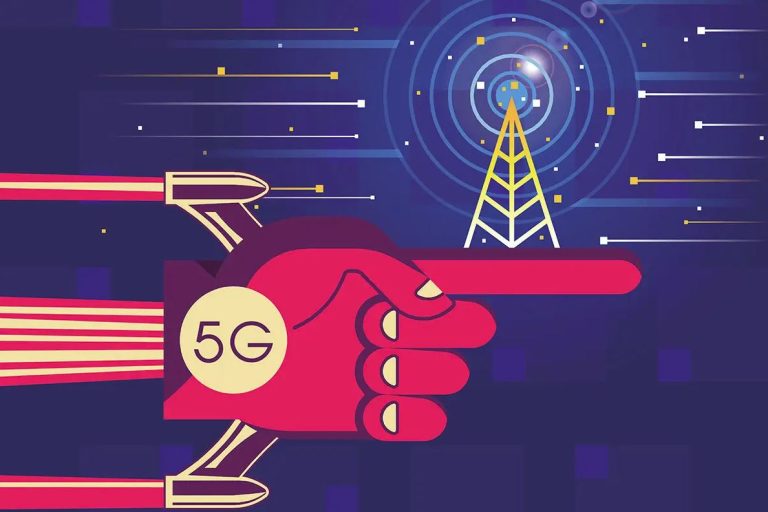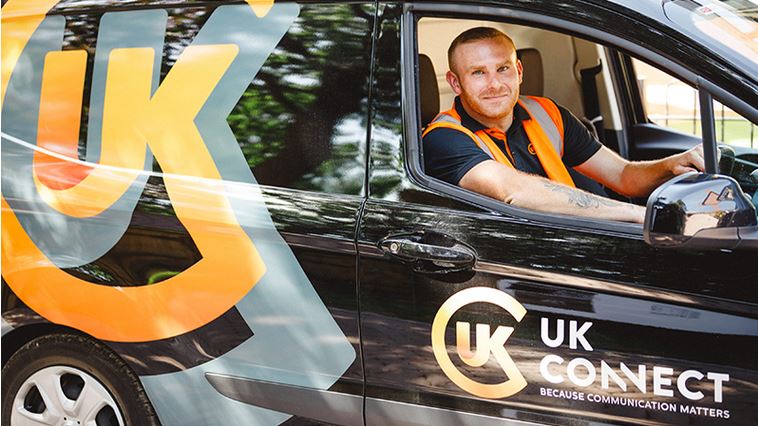Modern businesses need access to reliable internet if they’re to function. If a substantial portion of the workforce are self-isolating thanks to COVID-19, then this need becomes especially pressing. But for decision-makers weighing the cost of investing in new broadband technology, the breadth of options can be a little bit on the confusing side. Just what are all of these types of internet connection, and what do they mean? Let’s take a look. Fibre Broadband The gold standard for broadband speed is fibre-optic. This relies on pulses of light being transmitted along optical fibres. There’s no resistance to worry about, and the signal does not degrade in the same way that an electrical one would. Traditionally, the signal from the telephone company will arrive at your local cabinet via a fibre-optic connection, and then be distributed locally over copper wire. This is known as a fibre-to-the-cabinet, or FTTC, connection. FTTP Fibre-to-the-Premises, or FTTP, is a much rarer technology. It eliminates all of the copper from the signal chain, resulting in blazing-fast speeds. By making the switch to ‘full-fibre’, where the entire signal chain takes place over a fibre-optic connection, you’re effectively bringing the telephone exchange closer to your place of work. Unfortunately, this is impracticable in many cases. One solution posited by Openreach is the introduction of a compromise called G.fast, which effectively speeds up existing fibre lines. ADSL Broadband Asymmetric Digital Subscriber Line has been around for decades. It isn’t anywhere near as fast as fibre broadband, but it still accounts for more than half of the UK’s broadband connections at present. This proportion is likely to decrease as fibre-optic infrastructure is rolled out. Those in more remote and rural locations may find that they’re unable to get access to full-fibre, despite government pledges of £5 billion to get the infrastructure expanded. In most cases, ADSL represents the inferior option. With that said, this is often reflected in the pricing, and many businesses will not have a choice but to go with it. By investing in the right hardware and connectors from RS Components, you’ll be able to eliminate performance bottlenecks within the premises, and ensure that you’re squeezing maximum utility from the older tech. 5G One option that mobile workers might be interested in is 5G, which promises to allow for rapid-streaming video from just about anywhere where the signal allows. One of the biggest advantages of 5G is its ability to tolerate large gatherings without any dip in service – though given recent events, it’s unlikely that this virtue will be leveraged in the near future.








